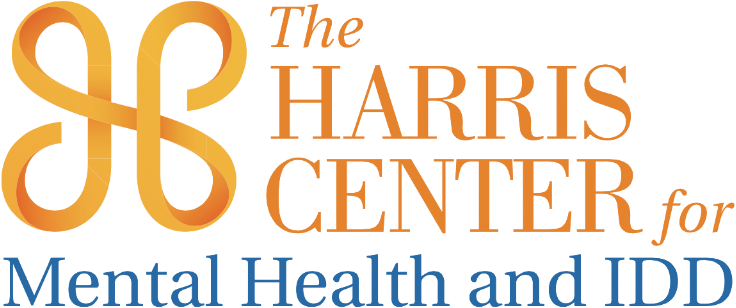
Having successfully navigated Dry January, you're likely reaping benefits such as improved sleep, sharper mental clarity, and possible weight loss—common outcomes for those who abstain from alcohol. But for some individuals, especially those previously engaged in heavy drinking, Dry January may have brought negative side effects, including serious medical issues during detoxification. For others still, the experience of cravings or withdrawal symptoms may have revealed a previously unrecognized dependency on alcohol.
No matter your experience, Dry January can serve as a crucial period for introspection about one's drinking habits, particularly for those uncertain about their relationship with alcohol.
Geoffrey Ball, MBA, LCDC, CHW, Program Director for the Substance Use Disorder Outreach Program (SUDOP) at The Harris Center for Mental Health and IDD, advises those who have identified benefits from not drinking to consider continuing with abstinence.
"Understanding the reasons behind your drinking—whether social, as a coping mechanism for mental health issues, or out of habit—is key to deciding whether to resume alcohol consumption and how," Ball says. “But if you were able to actually take 31 days off from drinking, why go back?”
A Step Toward Recovery
For those who struggled with Dry January or realized that alcohol consumption had become a daily habit, Ball suggests exploring recovery programs, adding that therapy can be particularly helpful in understanding the motivations behind alcohol use and addressing underlying issues such as anxiety or depression.
Ball explains that the recovery process for individuals with significant alcohol use often begins with a detoxification period, typically about five days, followed by a structured recovery program. There are many options for recovery, ranging from faith-based programs like Celebrate Recovery to traditional ones like Alcoholics Anonymous (AA) and Narcotics Anonymous (NA), each catering to different needs and preferences.
A crucial aspect of recovery, according to Ball, is having a strong support system, which he describes as the "four pillars": personal support from a friend or confidant, guidance from a spiritual or religious advisor, involvement in a recovery group, and a sponsor or mentor outside the immediate family. These pillars collectively offer emotional, spiritual, and practical support, each playing a unique role in recovery.
“The idea of the four pillars is to create a comprehensive safety net,” Ball says. “If one pillar is weak or missing, the others can provide the necessary support to prevent a relapse or help navigate the challenges of recovery.”
Programmatic Support
At the Harris Center, the Substance Use Disorder Outreach Program (SUDOP) offers comprehensive support for those concerned about their alcohol consumption. The process includes the following:
- Initial Screening: Upon arrival, SUDOP conducts a screening to assess if an individual has an alcohol-related issue. A person can also contact the program directly if he or she believes they are drinking excessively.
- Professional Support: The team includes care coordinators, psychiatrists, and licensed chemical dependency counselors (LCDC), who work together to understand each individual and guide them through the next steps.
- Psychiatric Evaluation: If the assessment indicates a problem, individuals will have the opportunity to meet with a psychiatrist to explore any underlying mental health conditions that might be contributing to alcohol use.
- Treatment Options: Depending on the severity of the issue, SUDOP offers linkages to both outpatient and inpatient treatment programs. The choice of program will be based on the individual’s specific needs and the recommendations of the program’s professionals.
- Cost and Insurance: SUDOP’s services are free of charge for individuals who don't have insurance. For those with insurance, costs will be covered through their provider, including any necessary medications or even inpatient care.
“Our goal at the Harris Center is to help you achieve a better state of life by addressing and managing your alcohol use effectively and compassionately,” Ball says.
A “Harm Reduction” Approach
For some, Dry January is a chance to reassess their drinking habits, seeking to reduce consumption rather than complete abstinence. Even for some people with alcohol use disorder, complete abstinence isn’t possible. As Ball notes, reducing the amount and frequency of drinking can still yield significant physical and mental health benefits, embodying a harm reduction approach. He also recommends replacing alcohol with healthier activities such as meditation, exercise, hobbies, or alternatives like coffee, which contribute to overall well-being.
“It's a step towards better physical and mental health, recognizing that gradual changes can also lead to significant improvements,” Ball says.
Ultimately, the post-Dry January period is a time for reflection and decision-making regarding alcohol use. Whether choosing continued abstinence, therapy, or reduced consumption, support systems, alternative activities, professional resources, and a harm reduction strategy are valuable tools for this journey.
For those seeking assistance with alcohol use, the following resources are available:
Suicide Hotline: 988
Substance Use Disorder Outreach Program (SUDOP) Crisis Line: 713-970-7000
SUDOP Direct Line: 713-970-7441




